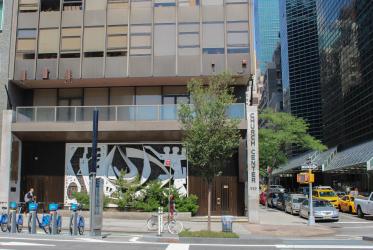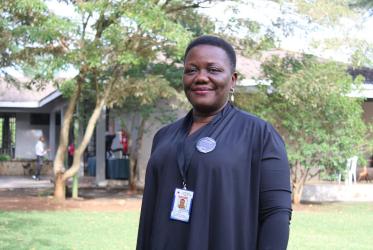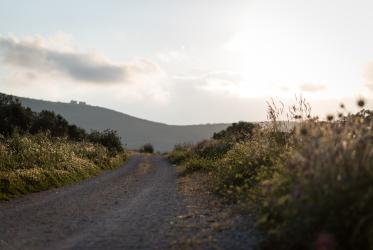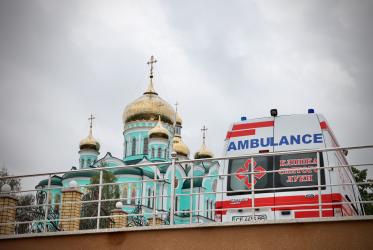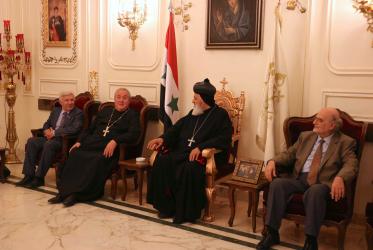Displaying 161 - 180 of 377
In New York City, the spirit of Thursdays in Black is thriving
06 October 2022
Gracia Ross: «Combattre le VIH est une obligation morale»
04 October 2022
Gracia Ross: “Responding to HIV is a moral obligation”
27 September 2022
Répondre aux besoins humanitaires en Ukraine
27 September 2022
Assembly workshop looked toward ending AIDS epidemic by 2030
19 September 2022
Ukraine: Responding to humanitarian need
08 September 2022
Strengthening Christian Perspectives on Human Dignity and Human Rights
Perspectives from an International Consultative Process
19 August 2022
“My hope is in you”—youth in the Holy Land carry the future
17 August 2022
Cooler Earth - Higher Benefits (Third Edition)
Actions by those who care about children, climate, and finance
16 August 2022
Un monastère ukrainien répond aux conséquences de la guerre
11 August 2022
Monastery in Ukraine responds to the consequences of war
09 August 2022

